We can be knowledgable with other men's knowledge but we cannot be wise with other men's wisdom
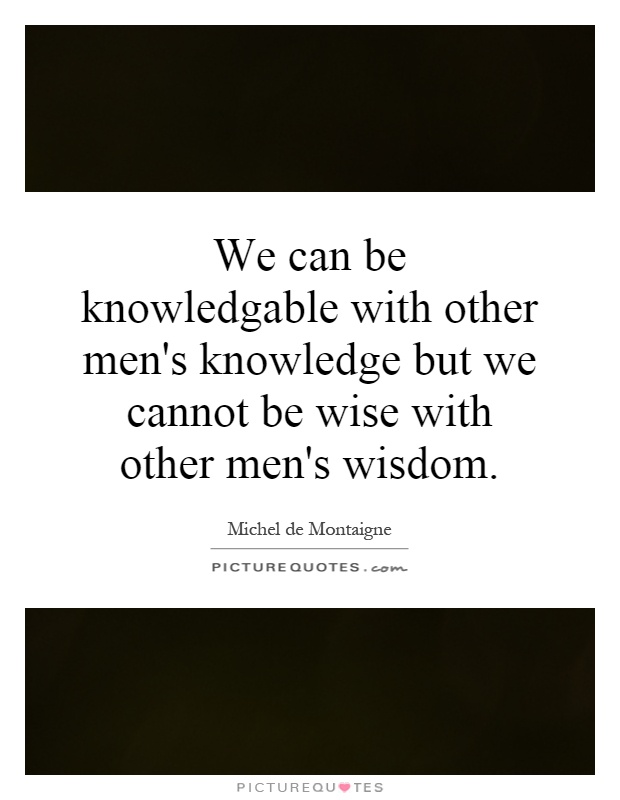
We can be knowledgable with other men's knowledge but we cannot be wise with other men's wisdom
Michel de Montaigne, a French philosopher and essayist from the 16th century, is often credited with popularizing the essay as a literary form and for his profound insights into human nature. One of his most famous quotes is, “We can be knowledgeable with other men's knowledge but we cannot be wise with other men's wisdom.” This statement encapsulates Montaigne's belief in the importance of personal experience and reflection in gaining true wisdom.Montaigne believed that knowledge could be acquired through the study of books and the teachings of others, but true wisdom could only come from within. He argued that wisdom was not something that could be passed down from one person to another, but rather something that had to be discovered and cultivated through individual thought and introspection. In his essays, Montaigne often reflected on his own experiences and observations, using them as a means to explore deeper truths about human nature and the world around him.
Montaigne's emphasis on personal experience and reflection as the key to wisdom is evident in his writing. He believed that true wisdom could only be gained through self-examination and contemplation, rather than simply accepting the ideas and beliefs of others. In his essay “Of Experience,” Montaigne writes, “We are great fools. ‘He has passed his life in idleness,’ say we: ‘I have done nothing today.’ What? have you not lived? That is not only the fundamental, but the most illustrious of your occupations.”
Montaigne's philosophy of wisdom as a personal and individual pursuit has had a lasting impact on Western thought. His emphasis on the importance of self-examination and reflection as a means to gain true wisdom continues to resonate with readers today. In a world where information is readily available at our fingertips, Montaigne's words serve as a reminder that true wisdom cannot be found in the knowledge of others, but must be sought out and discovered within ourselves.

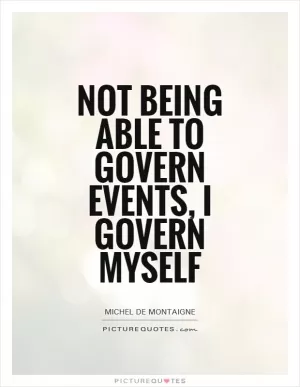
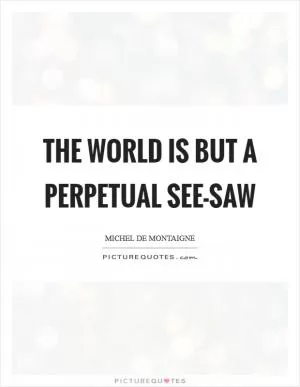





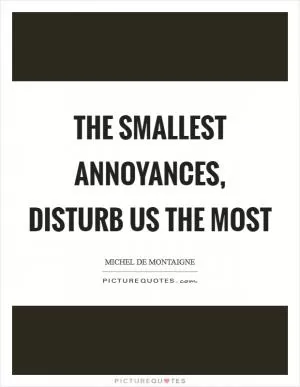
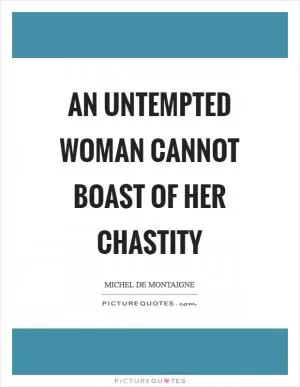

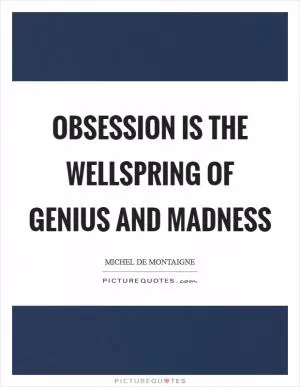
 Friendship Quotes
Friendship Quotes Love Quotes
Love Quotes Life Quotes
Life Quotes Funny Quotes
Funny Quotes Motivational Quotes
Motivational Quotes Inspirational Quotes
Inspirational Quotes